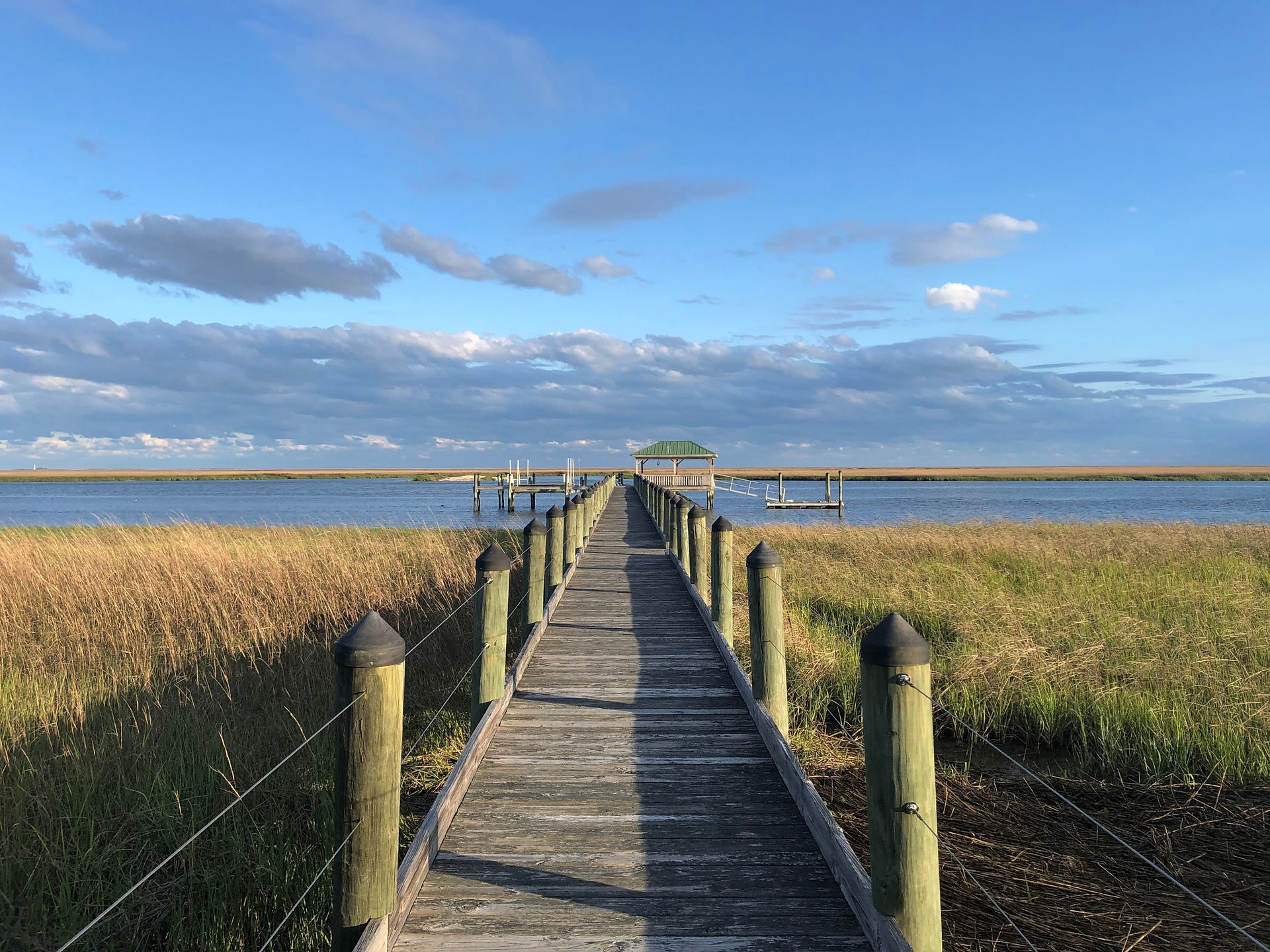On Banishing the Binary
- Caroline Mauldin
- May 20, 2025
- 4 min read

“Do I contradict myself? Very well then, I contradict myself. (I am large, I contain multitudes.)”
-Walt Whitman
Notions & Contemplation
Wanted: Conflict-Free Existence for Eternal Bliss
As an innately conflict-averse person who nonetheless spends a fair amount of time thinking about interpersonal friction, I am clearly driven by selfish motives: if only I could find the silver bullet to resolving discord, I would live in peace forever. Be gone, paralyzing fear of disagreement; hello, eternal bliss!
Meanwhile, back in the real world, conflict is—dare I say—increasingly everywhere and genuinely unavoidable. Dodging divergence is merely the long way around to a destination we’ll reach anyway. The real question isn’t how to avoid conflict, but how to move through it with relative grace and speed.
In past Notions & Contemplations, I’ve offered a few handy tricks—like steering clear of absolutes (nuance for the win!) and embracing friction as a chance to learn. Here’s one more: Banish the Binary.
When Simplicity Oversimplifies
Similar to absolutist thinking, binary thinking is the brain’s way of simplifying an overwhelmingly complex world. Instead of slowing down to understand details and dimensions, we reduce the matter at hand to two opposing choices: good/evil, right/wrong, smart/ignorant, etc. Unfortunately the “convenience” of binary thinking in no way makes up for the harm it causes. By taking sides, we leave a universe of options on the table.
So how do we actually banish the binary in everyday life?
First, catch it in the act. Binary thinking is sneaky—it often shows up in the form of a gut reaction: They’re wrong. I’m right. This is a disaster. That’s a success. I’m good at this. I’m terrible at that. Try pausing when you notice these internal declarations. Ask: Is there a spectrum here I’m not seeing? What’s in the middle? Even just noticing binary language—"always," "never," "either/or"—can be a cue to slow down.
Second, get curious. When you encounter a strong opposing view, try replacing judgment with genuine curiosity. Instead of “How could they possibly think that?” ask “What values or experiences might be shaping their perspective?” You don’t have to agree to understand—and understanding is often the wedge that opens up space between extremes.
Third, practice holding tension. It’s uncomfortable, but we grow when we resist the urge to prematurely resolve things into tidy categories. You can believe in accountability and compassion. You can support a cause and critique how it’s being pursued. Embracing “both/and” thinking builds flexibility and depth in how we engage.
Finally, zoom out. Binary thinking thrives in urgency. When we slow down and look at the broader picture—across time, across perspectives—we often find that complexity, not clarity, is where the truth lives. Ambiguity isn’t the enemy; it’s a sign that we’re getting closer to something real.
So here’s to banishing the binary—not by striving for perfect neutrality or conflict-free existence, but by making just enough room for complexity to stretch its legs. As F. Scott Fitzgerald famously wrote, “The test of a first-rate intelligence is the ability to hold two opposed ideas in mind at the same time and still retain the ability to function.” It’s rarely easy, but almost always worth it.
Onward,

On My Playlist + Feed + Calendar
A timely profile in courage.
Long before Lilly Ledbetter’s name was attached to a landmark piece of federal legislation, she was a champion ballroom dancer, mother of two, and the only female factory supervisor with Goodyear Tire & Rubber Company in 1980s Alabama. Her story, now depicted on the big screen by Patricia Clarkson in the movie Lilly, is a timely reminder that we [read: women; also, America] can do hard things. Really hard things. Learn more here. (H/T to my friend Steve Moore who served as 1st AD on the film!)
Superheroes deal with darkness, too.
Speaking of emotionally-moving movies, I have another [surprising!] recommendation for you: Marvel’s latest superhero flick, Thunderbolts*! Before your eyes roll out the side of your head, hear me out: yes, it has Marvel’s typical adrenaline-packed action and delightful escapism. But Thunderbolts* is also a surprisingly moving portrait of the very human struggle with inner darkness and the long road toward integration. It made me think about how growth so often requires us to sit with discomfort rather than escape it—and how we only make it through with the help of our community.
Thankfully, not all heroes wear capes.
In my home state of South Carolina, the good people at The Nature Conservancy have pulled off another miracle in protecting Chelsea Plantation, one of the largest undeveloped properties on the SC coast—a region experiencing some of the highest development pressure in the United States. This month’s land deal joins TNC’s historic protection of nearby Gregorie Neck last year for an astonishing total of 7,100 acres protected in just two years. That’s approximately ~5,462 football fields of precious ecosystems—wetlands, salt marshes, tidal creeks, and native forests that are vital for wildlife, filtering water, and buffering against storms. It is these against-the-odds victories—resulting from decades of hard work with a diverse collection of partners—that give me the most hope for our future. It has been an extraordinary privilege to serve as Board Chair of TNC’s South Carolina chapter these last two years, and to all of my friends and colleagues there: thank you. On to the next win!









Comments